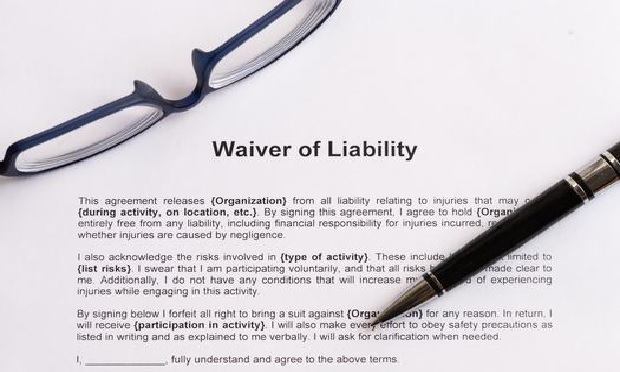 Waiver involves intentionally relinquishing a recognized right and generally falls into two categories: policy and coverage defenses. (Photo: Sohel Parvez Haque/Shutterstock.com)
Waiver involves intentionally relinquishing a recognized right and generally falls into two categories: policy and coverage defenses. (Photo: Sohel Parvez Haque/Shutterstock.com)
When investigating and adjusting a first-party insurance claim in Georgia, the policy provides several tools by which an insurer can obtain the information necessary to evaluate the merits of a claim and determine coverage for a loss. However, sloppy investigations, premature denials and failure to act in a timely manner can result in waiver and hamper the insurer's rights.
|Policy and coverage defenses
Waiver is the "intentional or voluntary relinquishment of a known right." [Black's Law Dictionary 1751 (4th ed.1968)]. Waiver may be explicit or implicit; in writing; through verbal statements; or through silence or inaction. However, certain defenses cannot be waived as a matter of law. Under Georgia law, defenses to an insured's claim based on the terms of the policy fall into two general categories: "policy" defenses and "coverage" defenses.
Recommended For You
Want to continue reading?
Become a Free PropertyCasualty360 Digital Reader
Your access to unlimited PropertyCasualty360 content isn’t changing.
Once you are an ALM digital member, you’ll receive:
- Breaking insurance news and analysis, on-site and via our newsletters and custom alerts
- Weekly Insurance Speak podcast featuring exclusive interviews with industry leaders
- Educational webcasts, white papers, and ebooks from industry thought leaders
- Critical converage of the employee benefits and financial advisory markets on our other ALM sites, BenefitsPRO and ThinkAdvisor
Already have an account? Sign In Now
© Touchpoint Markets, All Rights Reserved. Request academic re-use from www.copyright.com. All other uses, submit a request to [email protected]. For more inforrmation visit Asset & Logo Licensing.







